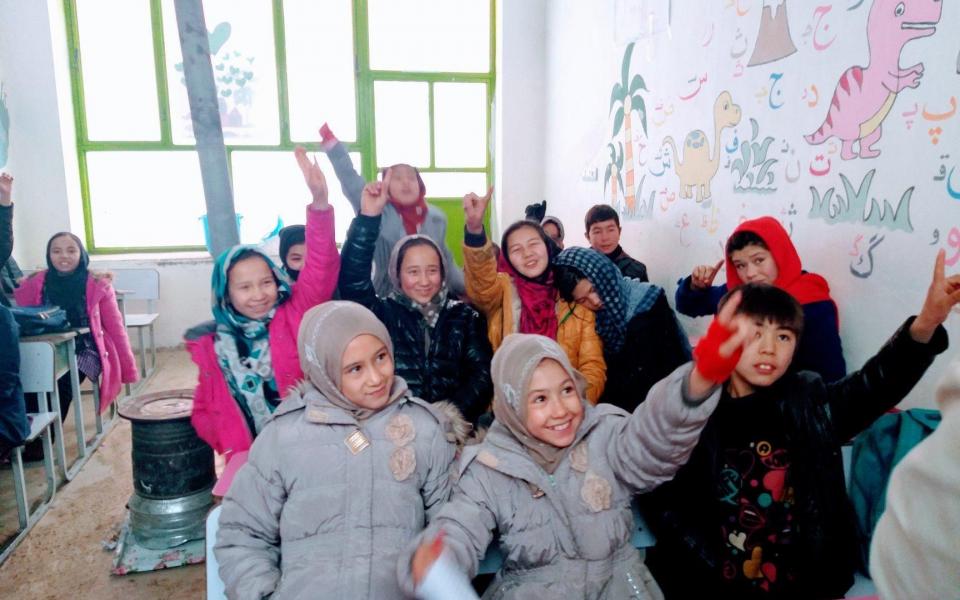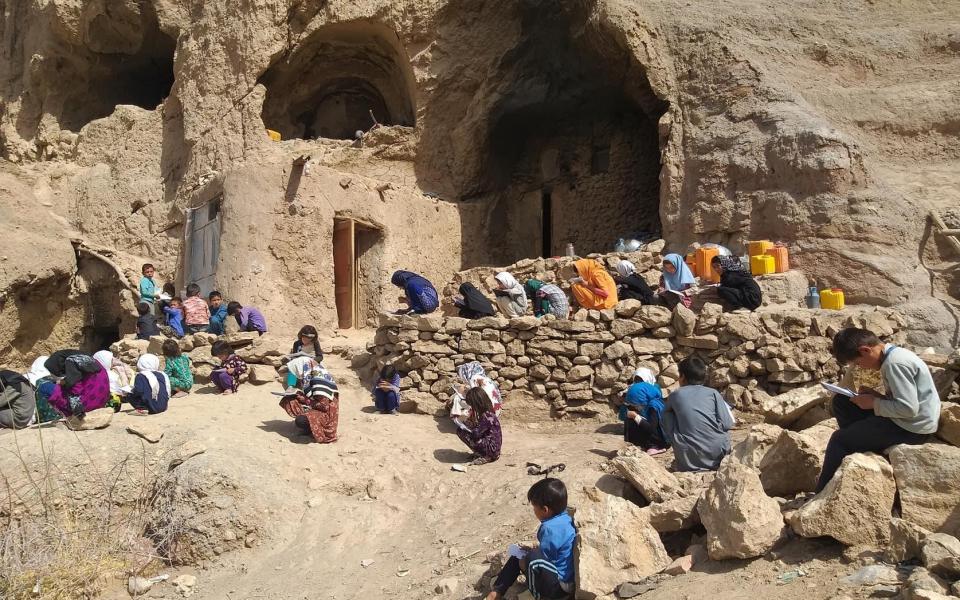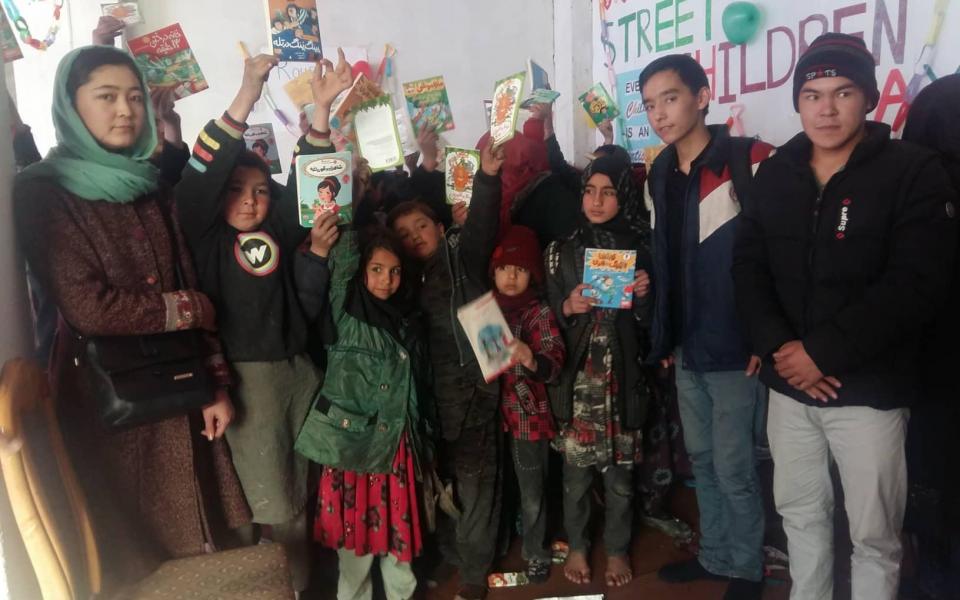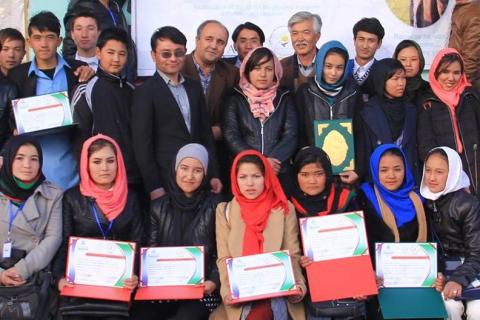
Written by Atharva Mehendale, Community Project Manager, URI - North India & Afghanistan
In the Dari language, the word ‘roya’ means dream. Resources of Young Afghans (ROYA), a non-governmental organisation was born out of the desire to translate dreams of young Afghans (to see a country without corruption and discrimination, and to see a better future for themselves) into reality. The founding member of the organisation is Kara Lazier, an American national who has been in contact with Afghan students for over 10 years. What started as an online writing guide for students has now grown to become a nation-wide movement that trains students from underprivileged backgrounds in English speaking, computer skills; and helps them with livelihood opportunities and supplementary classes.
Human rights in Afghanistan is a topic of some controversy and conflict. Afghanistan has a strong human rights framework within its constitution. The right to life and liberty are constitutionally protected, as are the right to a fair trial and the presumption of innocence for all persons. This gives the Islamic Republic of Afghanistan a strong human rights framework that is guaranteed to all citizens. While the Taliban is well known for numerous human rights abuses, several human rights violations continue to take place in the post-Taliban government era. These conditions make it difficult for the youth in the country to shape a future for themselves.
The ROYA mentorship program started with helping the Afghan youth with English and computer skills - something that is extremely crucial for job opportunities and scholarships abroad. This initiative began with training around 10 to 20 students in the capital city - Kabul. The initiative was funded through sponsorships received from Afghans studying abroad/working for multinational corporations. A contribution of 10$ takes care of this training for one underprivileged child. Gradually, the initiative extended to provide weekly wages to those in need. The ROYA team figured that it made it difficult for students that have to work part time to support their families, to focus on classes. The weekly wages program greatly helped the students in addressing this concern.

The organisation’s endeavours gradually expanded to school education too. ROYA has been working towards helping underprivileged students enrol in private schools. Over the years, the organisation has also come up with a mini library for the benefit of the students; and has commenced supplementary classes for those who’re unable to catch up with the curriculum in private schools. ROYA has been gradually trying to expand its work in other provinces of Afghanistan as well. This is particularly difficult, given the fact that a number of provinces are still under the Taliban rule.
The organisation joined the URI network recently. Visiting India for one of URI’s national assemblies was a transformative experience for Mr. Shoaib, who is one of ROYA’s team members. Ethnic and religion based conflicts are on a rise in Afghanistan. Watching people belonging to different faiths sit together and work on finding a common ground in the national assembly motivated Shoaib to make the same happen in Afghanistan as well. In this regard, ROYA has been bringing mentors and mentees belonging to different ethnic groups together. This is done in order to push a dialogue between different ethnicities and to move one step closer to communal harmony in the country. This initiative has been working over the years. Seeing a hazara and a pasthtun, for instance, working together for a bright Afghan future is something that keeps motivating the ROYA team to work despite a number of problems and issues. The team of volunteers wishes to bring all ethnicities together as a part of one large ROYA community; and further wishes to grow this community of love, compassion and a promise for a bright Afghan future to all provinces of the country.


